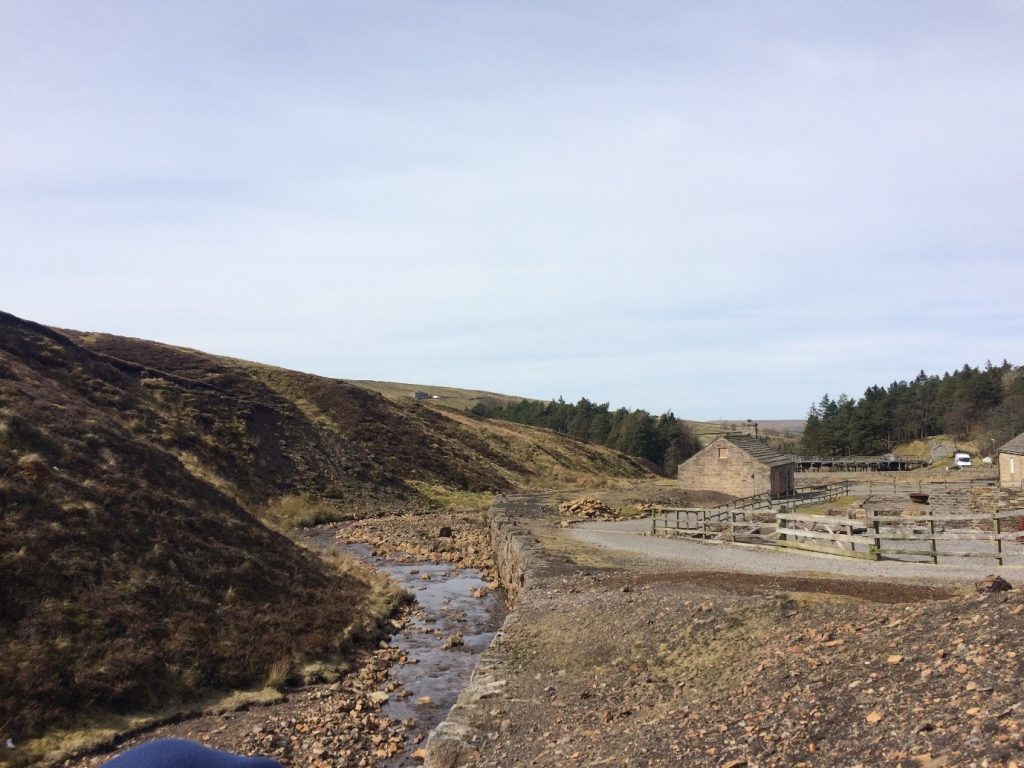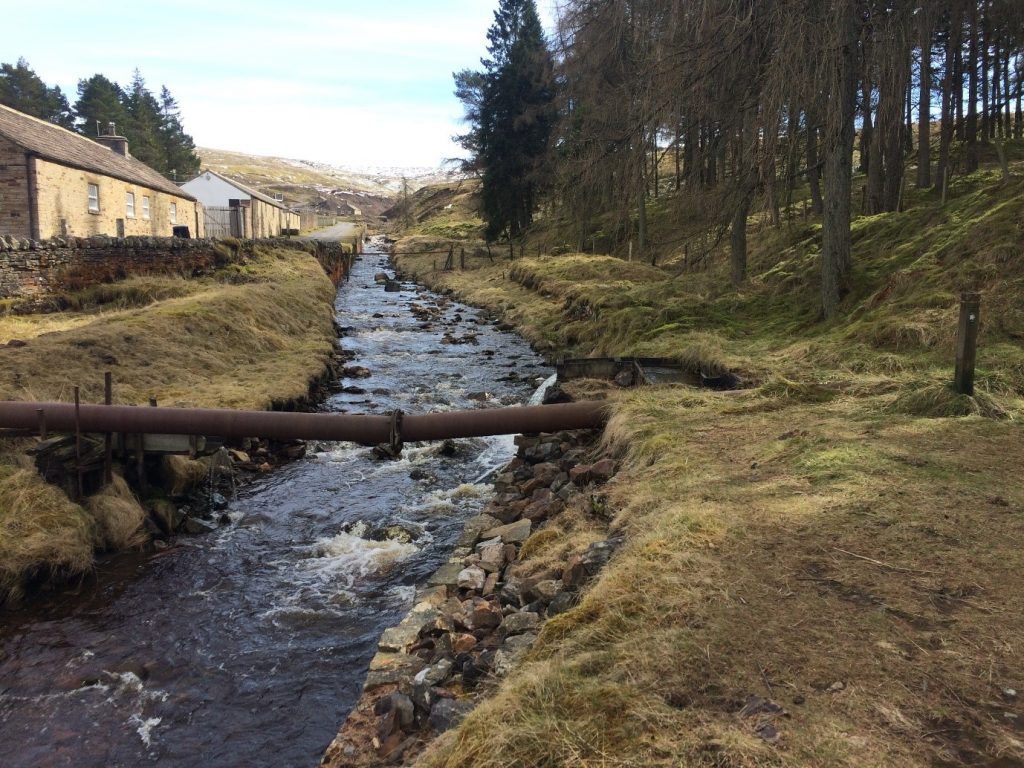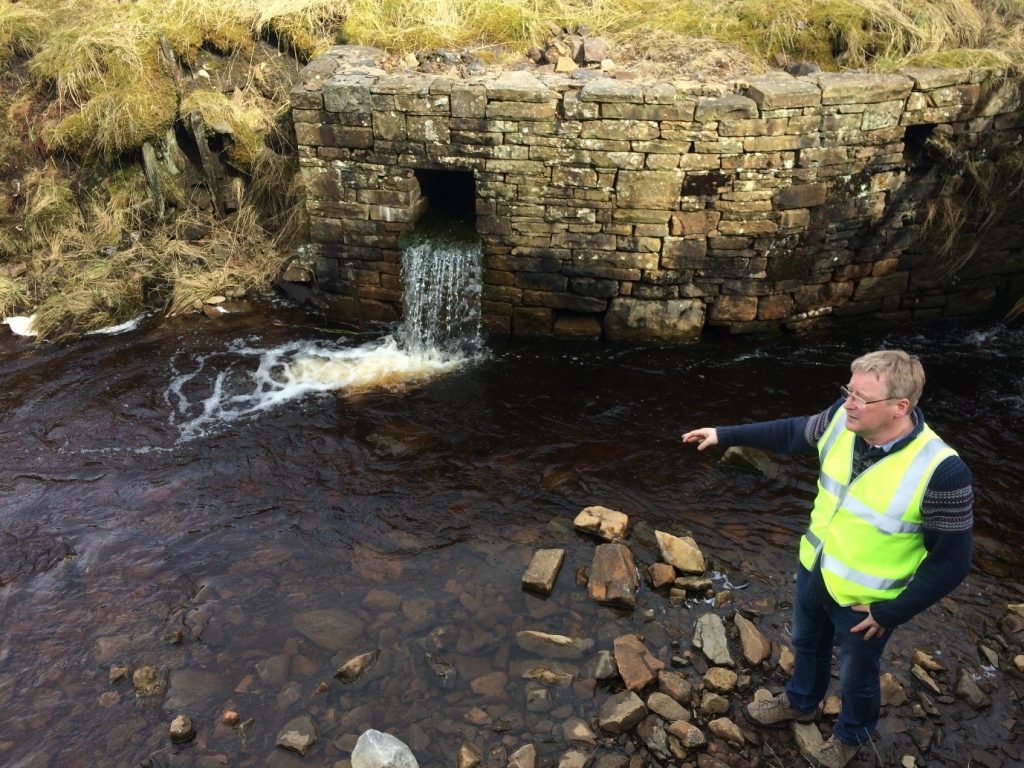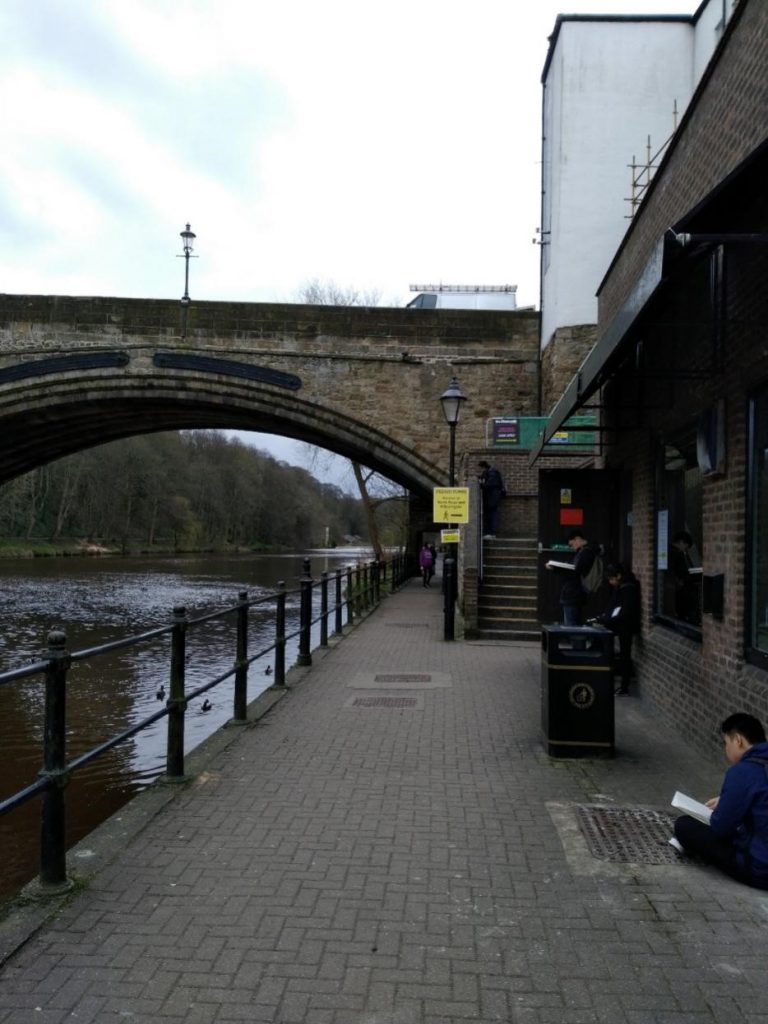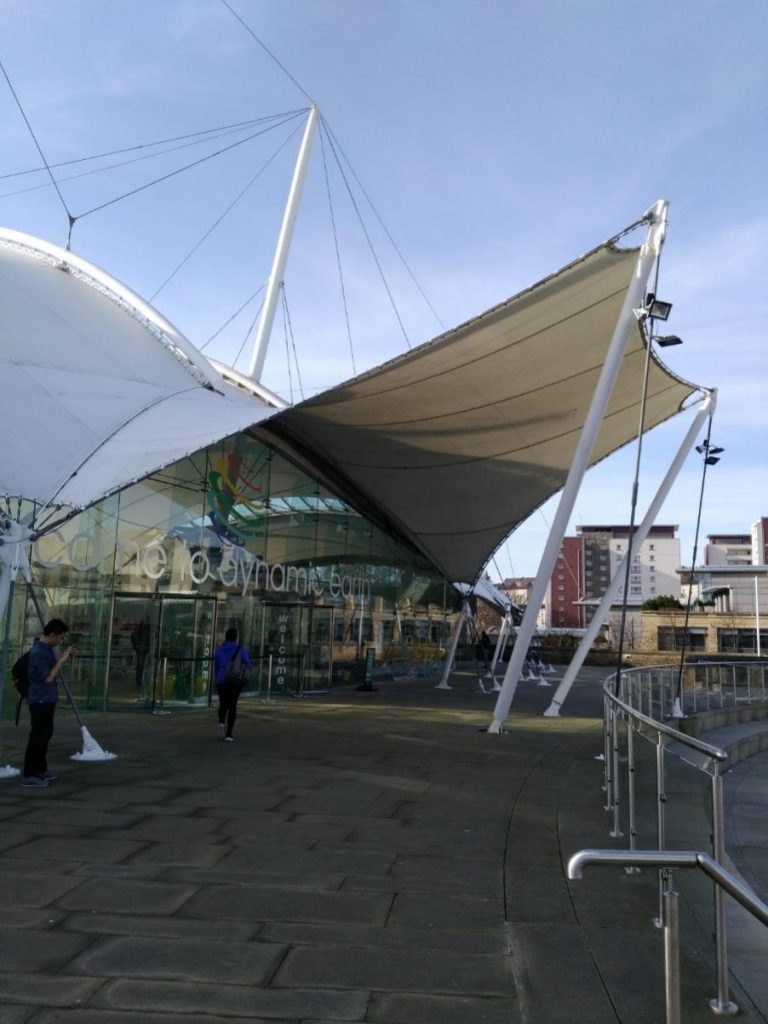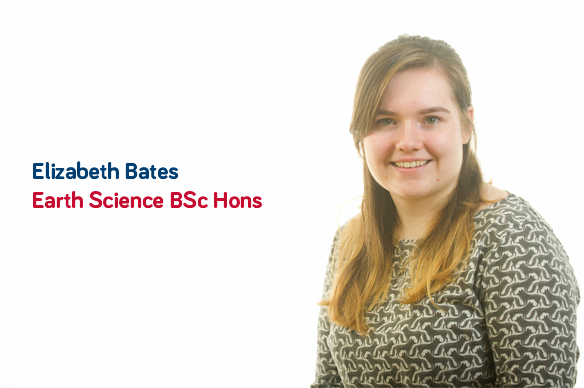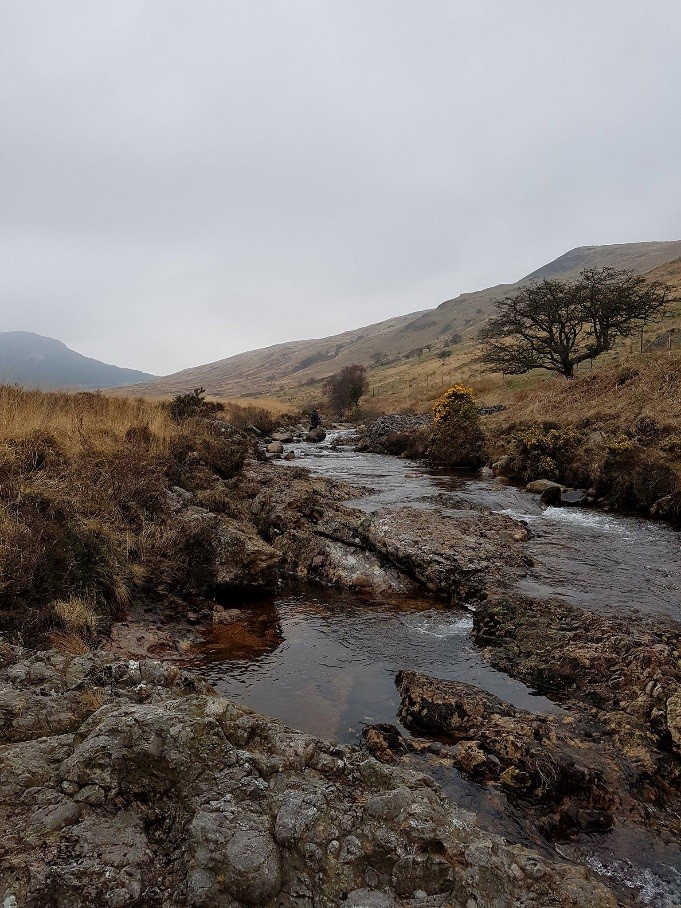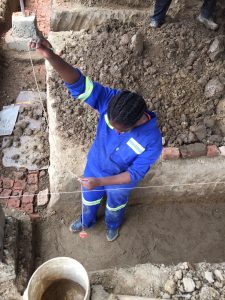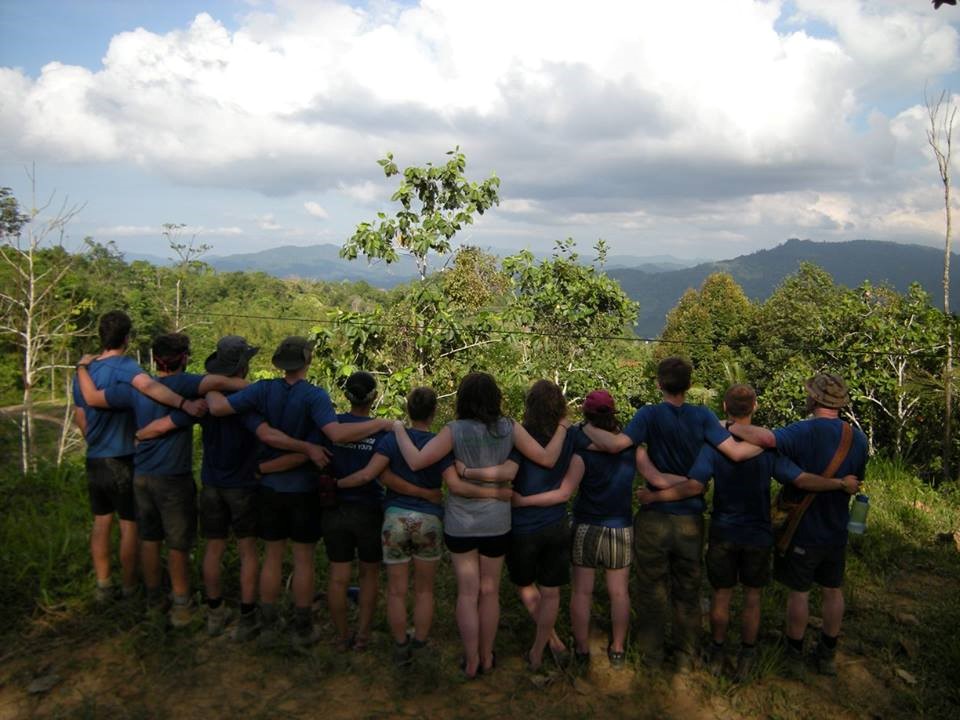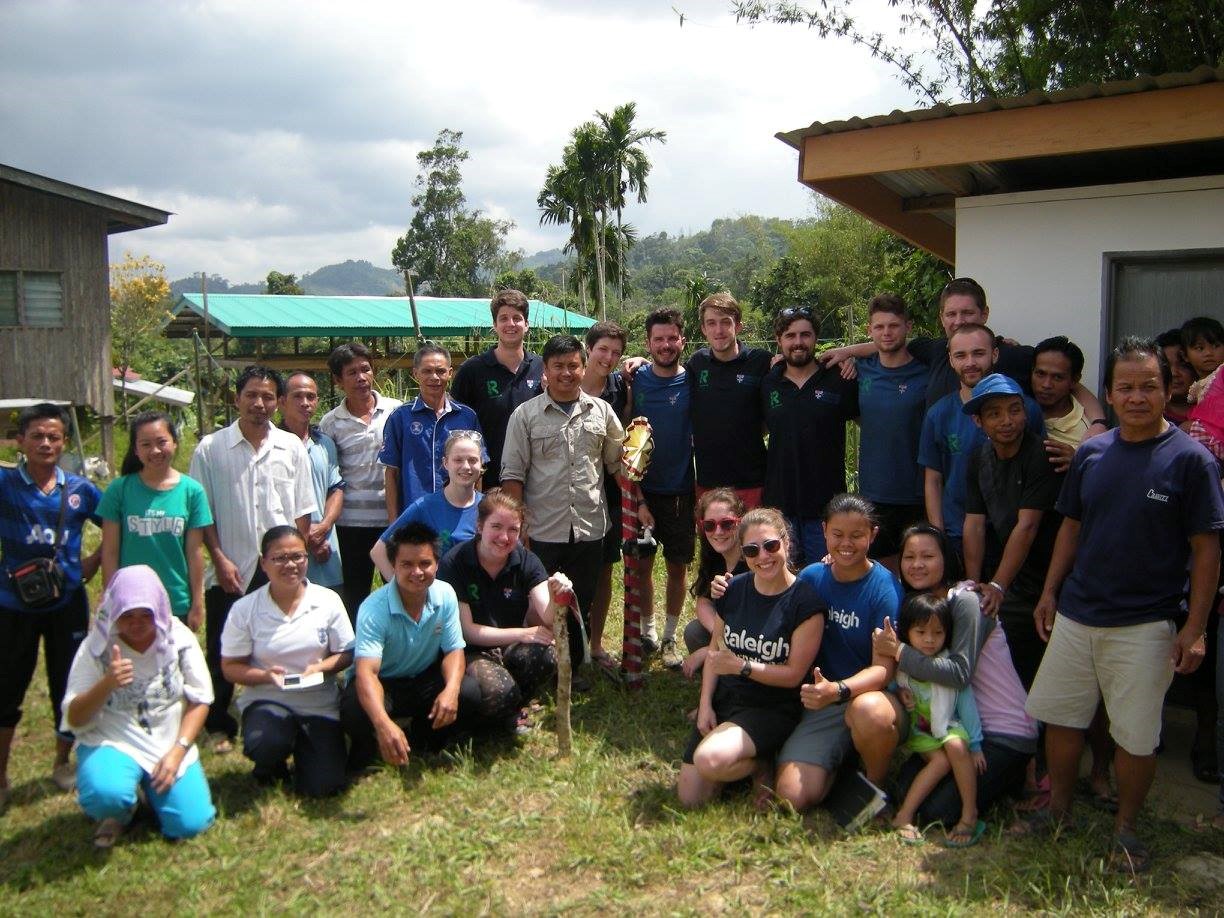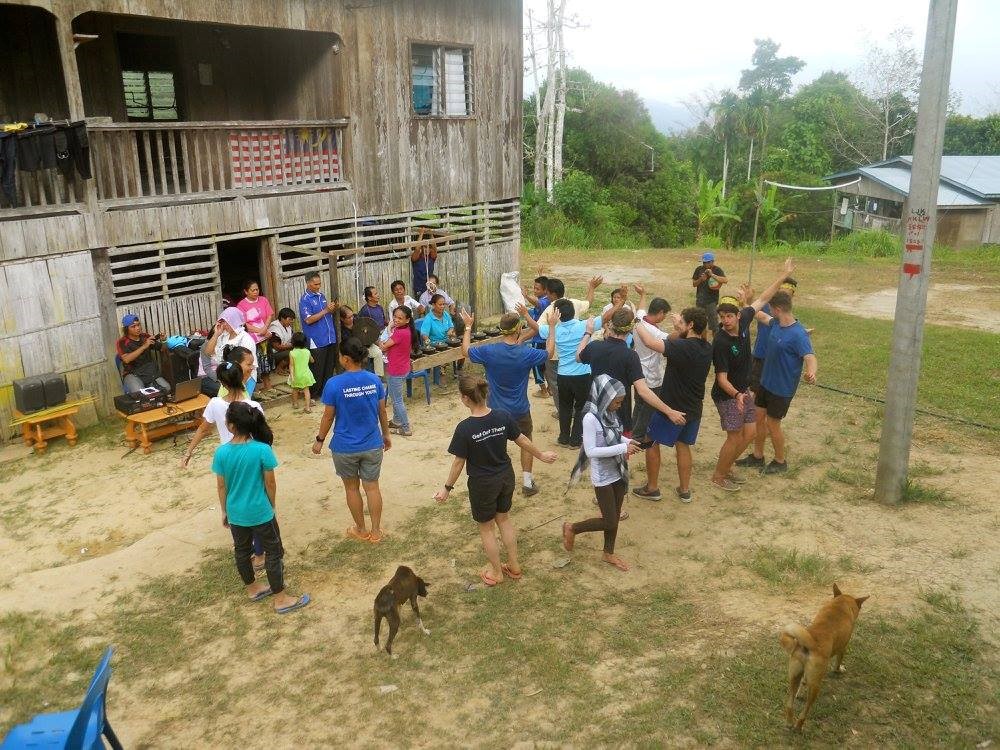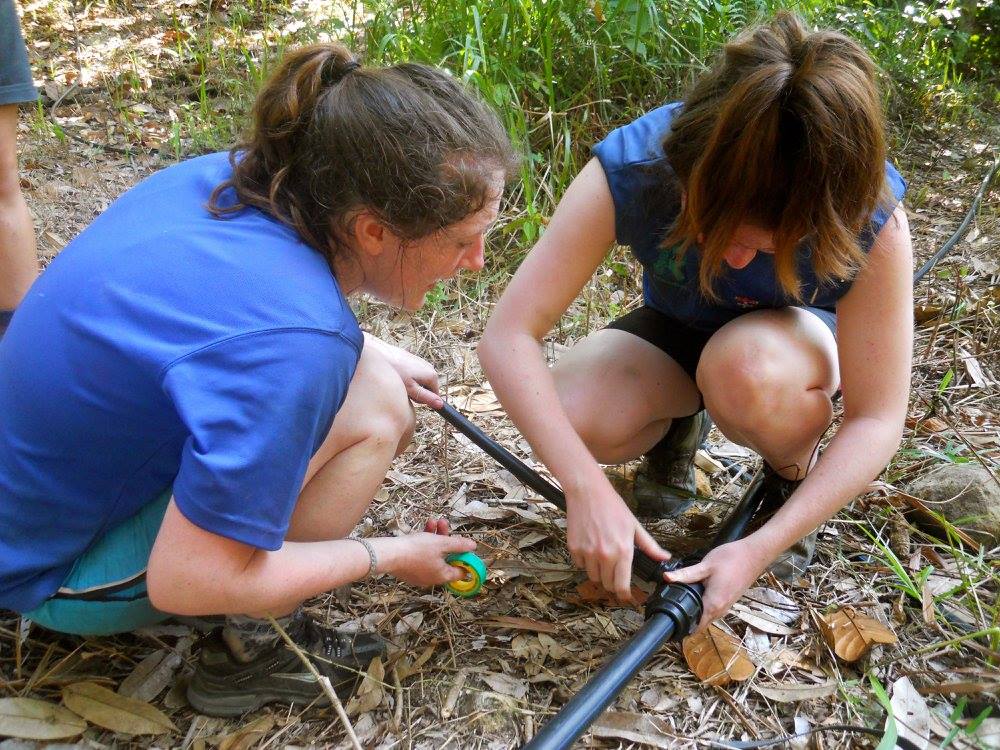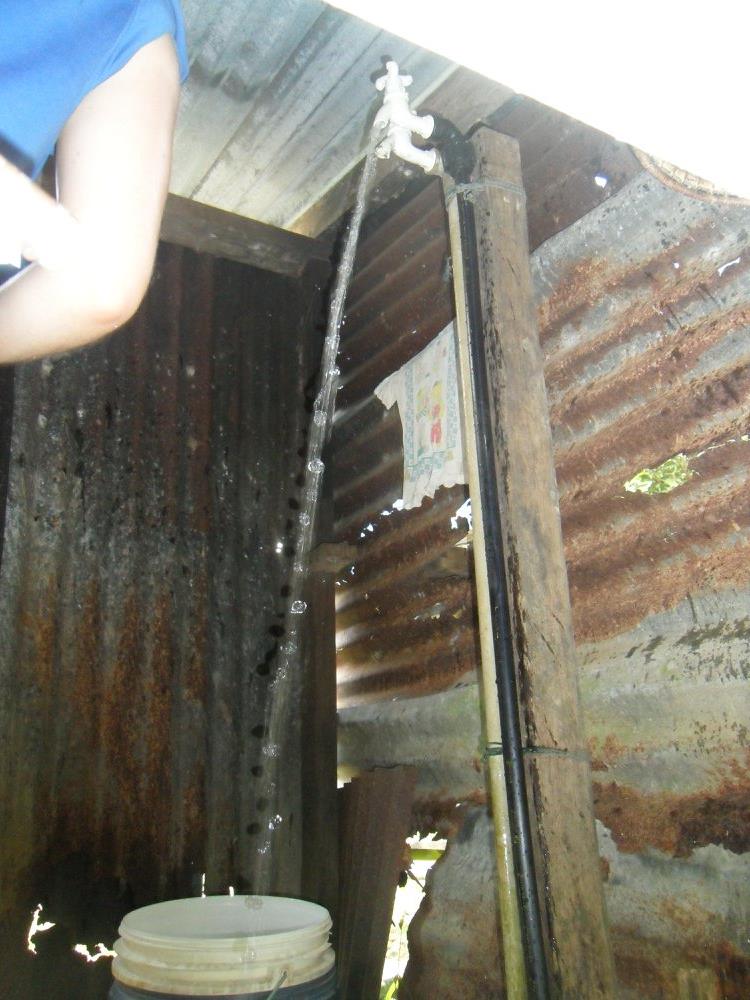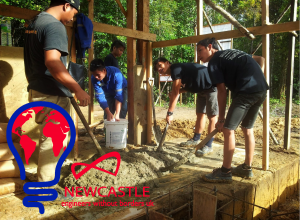Sophie Metcalf, a postgraduate student studying an MSc in Environmental Consultancy, writes about her field trips and site visits involved in her course.
As part of the MSc programme here, students are required to undertake a personal research dissertation. Due to the nature of the subject, projects often includes site visits to the area of interest for observation and sampling. Recently I undertook my preliminary site visit as part of my research dissertation, which gave me the opportunity to get out of the city and into the beautiful countryside of North East England. The North Pennines are classed as an Area of Outstanding Natural Beauty and the mid-march sunshine most definitely brought out the best of this beautiful landscape!
My project is focused on geochemical investigations of abandoned metal mine sites in the North Pennines, so my first field visit involved undertaking a reconnaissance of the sites I will be looking at. All the sites have heavy metal contamination from the historic land use as metal mines. The project is funded by a Heritage Lottery Fund and is part of the larger OREsome project being undertaken across the North Pennines Area of Outstanding Natural Beauty. It is an amazing opportunity to work in such a beautiful area of the country and on some sites that have been un-researched and untouched until now. This project will build on work already undertaken by staff within the Geoscience department to quantify the metal contamination entering water courses in the North Pennines, which eventually reaches the River Tyne and Newcastle.
It is sometimes easy to forget that such a vibrant city such as Newcastle, is located to closely to some of the most stunning countryside in the country. I am greatly looking forward to undertaking more site visits to this beautiful part of the world, to undertake sample collection.


